
O marco jurídico revisado pela Relatoria Especial para a Liberdade de Expressão da Comissão Interamericana de Direitos Humanos inclui novos padrões sobre violência de gênero e comunicação digital. Em entrevista à LJR, o Relator Especial alerta sobre o crescimento do assédio judicial e pede aos governos que priorizem a alfabetização digital como ferramenta para proteger a liberdade de expressão.
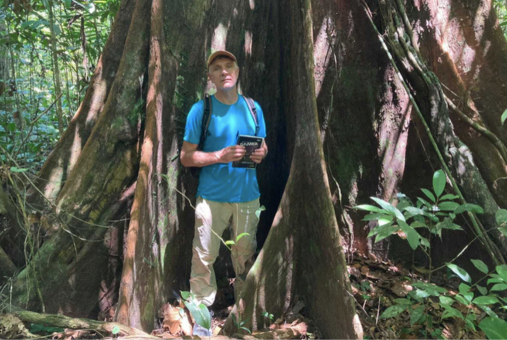
Três anos após o assassinato de Dom Phillips e do indigenista Bruno Pereira, colegas jornalistas concluíram sua obra final. Ele buscava responder como salvar a maior floresta do mundo — e por quê.

Claudia Duque luta por justiça há duas décadas após ser perseguida e ameaçada por agentes do governo. Agora que o Estado planeja oferecer um pedido de desculpas, por que se recusa a aceitá-lo?
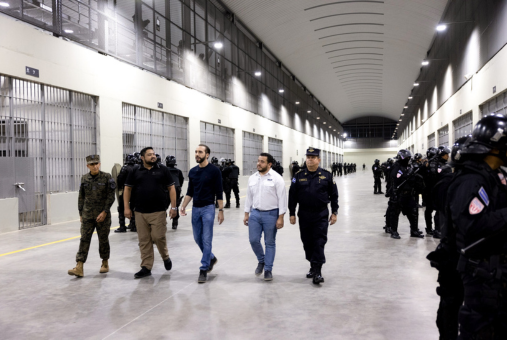
O El Faro, principal veículo de jornalismo investigativo de El Salvador, afirma que o governo está preparando mandados de prisão contra seus jornalistas após a publicação de entrevistas que vinculam a ascensão política do presidente Nayib Bukele ao apoio de gangues.
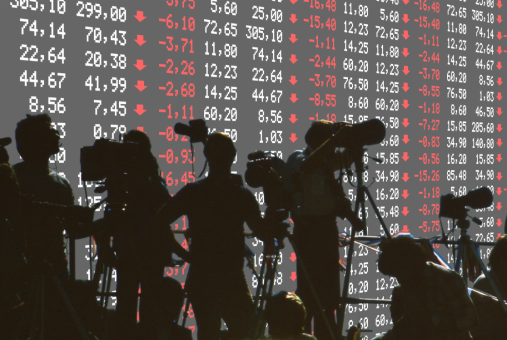
Um novo relatório da Repórteres Sem Fronteiras constata que a instabilidade econômica prejudicou a indústria da mídia na maioria dos países da América Latina no ano passado. A Nicarágua, sob uma ditadura cada vez mais repressiva, ultrapassou Cuba como o pior país da região para a liberdade de imprensa.
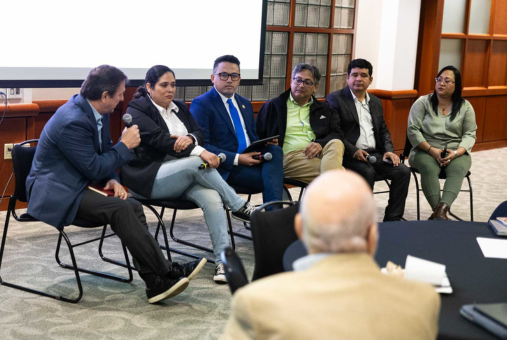
Diante da perseguição sistemática do regime de Ortega e Murillo, que obriga redações inteiras a fugirem, o exílio tornou-se uma característica marcante do jornalismo nicaraguense. No Colóquio Ibero-Americano de Jornalismo Digital, jornalistas compartilharam seus esforços para informar, resistir e permanecerem seguros.
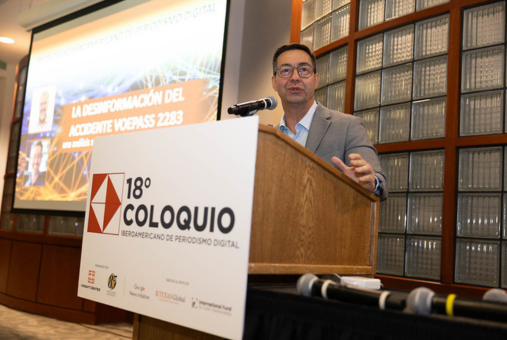
Estudiosos alertam que a liberdade na região sofre ameaças não apenas de ditaduras, mas também de governos democráticos e por meio do aparelhamento da mídia no Colóquio Ibero-Americano de Jornalismo Digital. Eles pedem por respostas inovadoras e colaborativas.

Clarice Herzog, de 83 anos, lutou por décadas por justiça. Os responsáveis pela tortura e morte do jornalista seguem impunes.
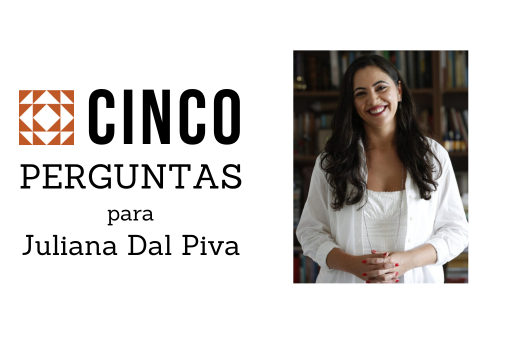
“Crime sem castigo: como os militares mataram Rubens Paiva" é resultado de anos de pesquisa e apuração jornalística e reconstrói os eventos que levaram à morte de Paiva. A autora defende a importância da memória e da investigação jornalística para a compreensão desse período sombrio da história brasileira.

Análise da verba publicitária do Estado na região mostra como leis inadequadas possibilitam que governos utilizem mal os recursos, premiando aliados e ameaçando veículos independentes.
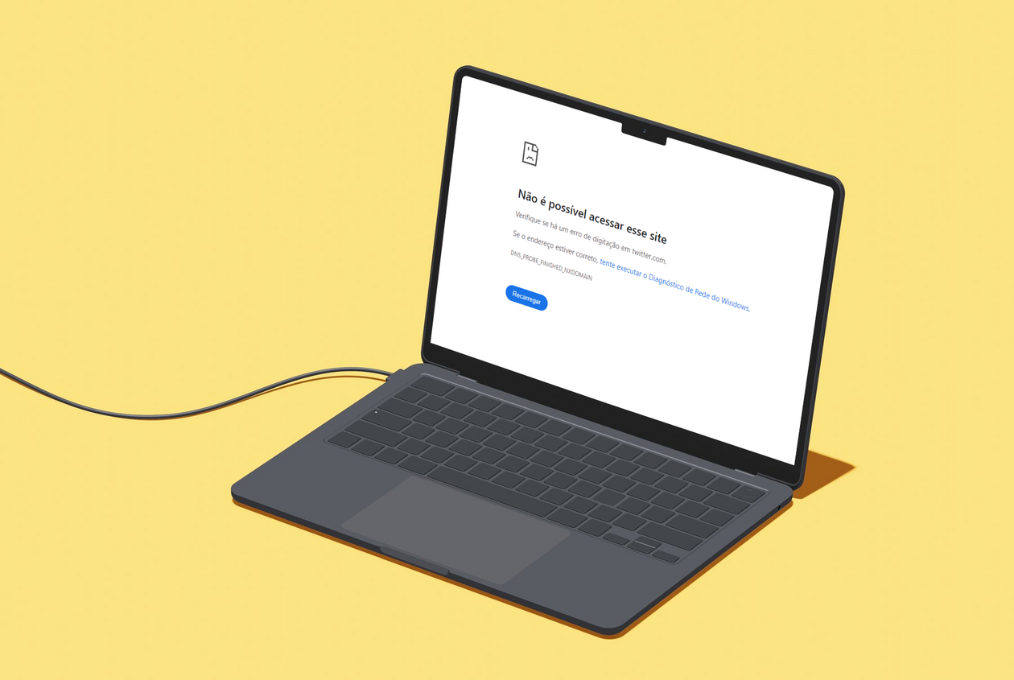
Falamos com alguns dos maiores jornalistas do Brasil sobre o bloqueio do X. Muitos se dizem aliviados, mas há quem lamente: ‘Há um buraco na cobertura que não sei como tampar’.
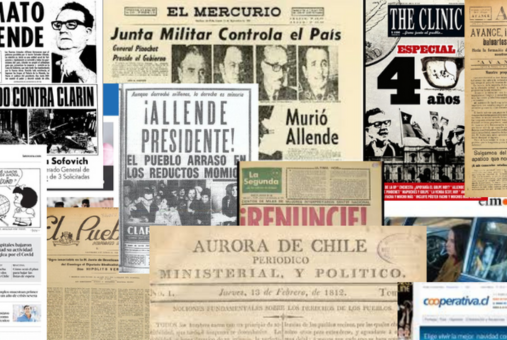
No livro “Historia del Periodismo en Chile. De La Aurora a las Redes Sociales” (“História do jornalismo no Chile. de La Aurora às redes sociais”), o autor Alfredo Sepúlveda relata ao longo de mais 500 páginas como tensões entre os meios de comunicação, os jornalistas e o poder político permeiam toda a história do jornalismo no país. Em entrevista à LJR, ele discute alguns dos temas mais controversos desta história, do colaboracionismo de jornais com a ditadura de Augusto Pinochet à renúncia das regras de objetividade durante o governo de Salvador Allende.